Malay Nationalism and Globalisation is the 5th Tun Razak Lecture delivered by Ghazali Shafie on 26 March 1998 at Bilik Jumaah, Universiti Kebangsaan Malaysia. Nationalism which always has tried to right wrongs evolved in such a way that it may be so diffused exerting its ways with surprises. Malay nationalism is not quixotic. The way Malay nationalism works changes from time to time but one element remains constant and predictable, namely that nationalism has the aim and objective of resolving the needs of the Malays and remedying wrongs that had visited the Malay community. The wrongs are real and not imagined, brought about by colonialism which deprived the Malay community of equal opportunity to grow and progress.
The burning question is the definition of Malay. Before the coming of Western imperialism, there was a region known as the Malay Archipelago (Gugusan Pulau-pulau Melayu). The region was peopled with common culture, proximity of language and the majority share a common religion of Islam, spoke the Malay language as the lingua franca for trade and religious teachings. In the region there were a number of kingdoms who had fraternal relationships with each other or for reasons of their own, fought wars with each other, thus making it possible for warring factions to seek foreign allies. Western powers who were constantly looking for markets and natural resources got into the act and exploited the fissures were eventually able to dominate the region.
It would appear that the agenda of the Malay nationalism were (a) Liberate the region of colonialism; (b) Unite the Malay World as a single independent nation-state (a Western concept); (c) Correct the wrongs done to the Malays by providing them with equal opportunities particularly in trade and commerce m which the Malays before the colonial era were masters of; colonialism had brought upon the Malays poverty and backwardness.
Let avoid unpredictability in the ways of nationalism because of thoughtless programme towards the much touted globalisation. The whole thing might be the repeat of Bretton Woods and in fact might turn out to be colonialism in another guise. Globalisation could be proven to be negative since the concept originated from a selfish basis of the widest possible market for an industrialised society which espoused Bretton Woods, IMF and the World Bank. Globalisation would still continue to have the same objectives as anti-imperial preference, which in fact is the downing of the imperial preferences created by many colonial powers. Anti-communism, anti-colonialism are for the domination of world market and they would be synonymous.
The arguments in its favour are fiddlesticks unless globalisation could be proven to be positive for the whole of mankind, not only for some and leaving the others to be marginalised. For Malaysia with our Vision 2020, let us not create for ourselves a society divided-one group of about 20% literate in IT while the others remain illiterate and marginalised. That would be disastrous in terms of solidarity and national unity which hitherto had assured our stability the sine qua non of progress and development.

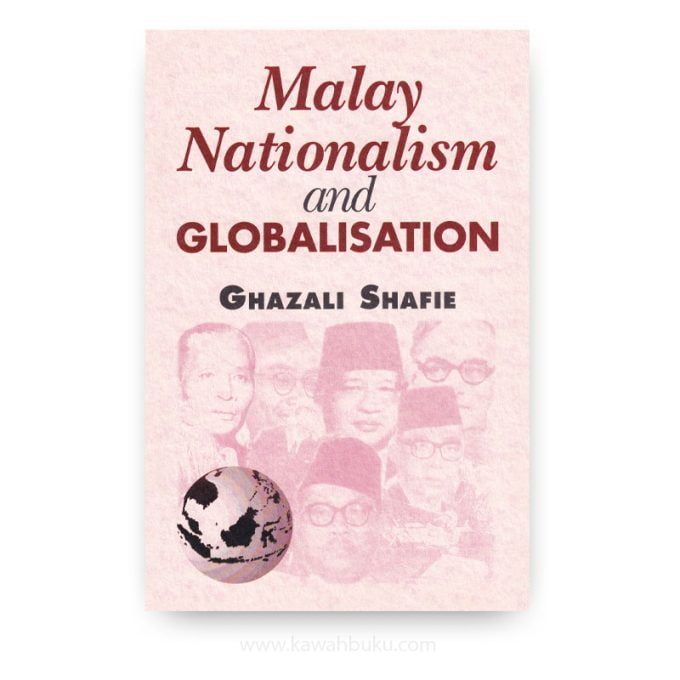
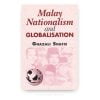


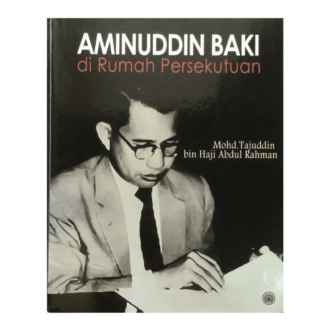
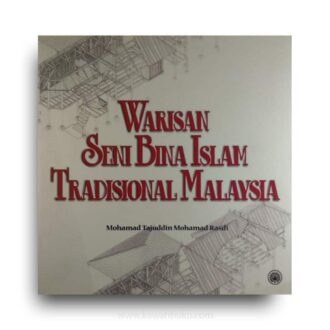


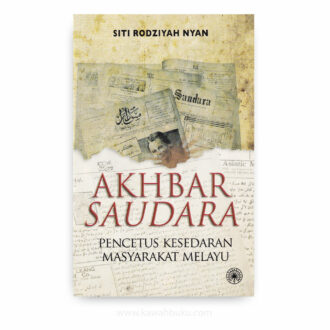
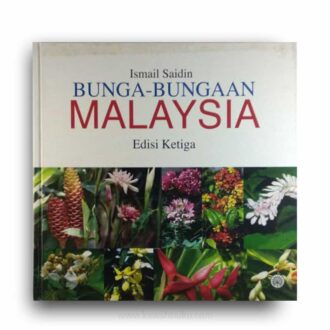

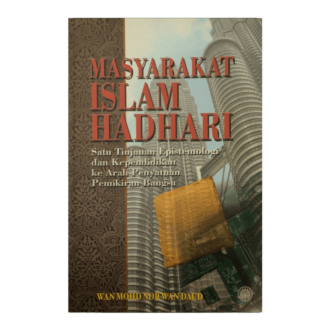
Reviews
There are no reviews yet